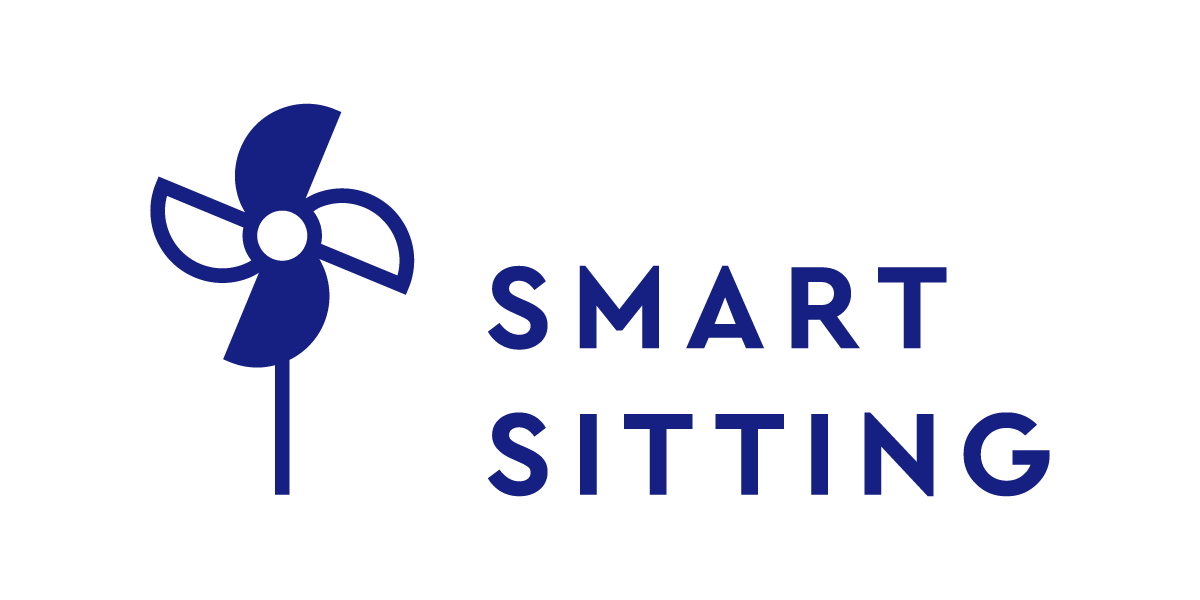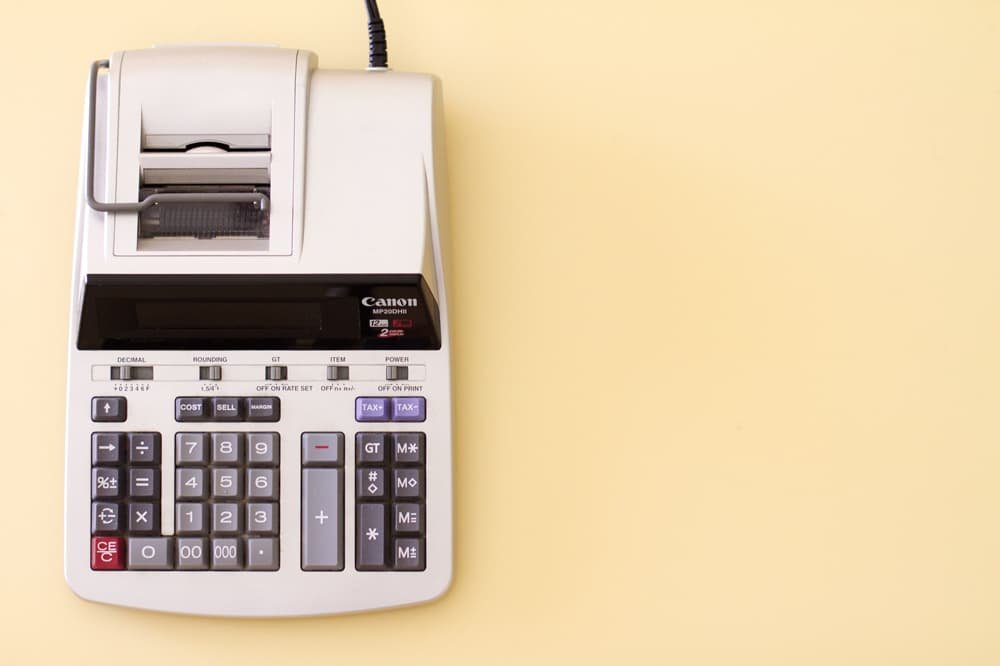Do babysitters have to pay taxes? UPDATED: 2024
Everything you need to know about paying taxes as a nanny in 2024.
As tax season approaches, families, nannies, and babysitters are compiling their income and expenses for the year, getting the paperwork ready to file. This leads to the same question every year: do babysitters have to pay taxes?
As a nanny agency, we’ve helped countless babysitters through the maze of nanny taxes, and to make it easy for you, we’ve gathered everything you need to know about tax time right here.
The short version for nanny taxes 2024:
Nannies do have to pay taxes on income earned as caregivers
Nannies cannot be hired as independent contractors (1099)
Cash income also needs to be reported — even for one-off gigs (although you may not need to get a tax form from the family)
If you are employed by an agency like Smart Sitting, we have already handled and withheld your taxes before you get your paycheck
Unsure whether babysitters have to pay taxes?
The short answer is: yes.
As a babysitter or nanny, you earn income for your work just like you would in any other job. For this reason, you are legally required to pay income taxes on the money you earn.
The typical 1-2-3 of income tax for employees
Normally when you have a full-time job:
Your income taxes are taken out of your paycheck each month
All you have to do at the end of the year is file your taxes and help the IRS confirm that the right amount was taken out of your paycheck
Then you typically either get money back as a tax refund or owe additional money to the IRS.
Complications for nannies and babysitters
With babysitting, sometimes it can be a little more complicated, especially if you work for many different families, each of whom is your employer (read on to find out how!). But the bottom line remains: as a nanny or babysitter, you are earning an income, so you are required to pay taxes on that income.
Can a babysitter be an independent contractor and file a 1099?
Examples of independent contractors who file a 1099 are freelancers or someone who does a one-off gig for a business. Nannies and babysitters cannot be hired as independent contractors.
Independent contractors can be given a 1099 form by clients for whom they do work. This means that the independent contractor handles their own taxes completely and the person hiring their services pays a full amount without taking anything out. Examples of this are freelancers or someone who does a one-off gig for a business.
Nannies and babysitters cannot be hired as independent contractors.
Nannies and babysitters cannot be paid via a company payroll
Nannies are household employees
Nannies and babysitters are called household employees, because they work in the home, at a set schedule or a schedule that is not under their control. This goes for nannies and babysitters who work part-time and full-time, and applies whether they were hired through an agency, an online platform, or they met their new employer at the playground.
Being employed as a household employee means that you should get a W-4 to fill out at the beginning of your employment, and then your family employer will give you a W-2 form in January detailing your income, that you can use when you file your taxes. If you have had any other type of regular, non-freelance/1099 employment before, this will look exactly the same as in those situations.
The exception to this rule is newborn care specialists, who may work as independent contractors, and may file a 1099. You can read more about newborn care specialists here.
How do I declare cash income from babysitting on my taxes?
Rules and thresholds for withholding taxes
Families use different methods to pay their nannies and babysitters. Some may use checks or direct deposit from their payroll, while others pay cash. No matter how you get paid, you have to declare any income you’ve made.
However, there is one important detail to note! If you work for a family who pays you less than $2,700 total during the year, they are not required to give you a W-2 at the end of the year, and you are not required to fill out a W-4 when you start working for them. This might apply if you do a few date-night babysitting gigs for a family or only work with them for a one-week assignment.
Please note: $2,700 is an updated threshold for the year 2024. If you are doing your taxes for the 2023 year, the threshold was $2,600.
How to declare non-taxed cash income from babysitting
In this case, you will still need to declare your income — because you did make that money! — but you will not have the W-2 form from the employer in January, detailing what you earned through that job.
Come tax season, add up the total money you made from any family not crossing the $2,700 threshold and claim it as “other income” on your tax return.
Make sure you are only adding income that has not been reported elsewhere to your “other income”, so that you are not accidentally double taxed for money you’ve made through your W-2 income.
What if I made more money from one family but didn’t get a W-2?
If you did make more than $2,700 from one sole family employer and they did not give you a W-2, you are still legally required to enter that information as income in your tax return. The IRS may follow up and then contact the family, so that they have the chance to fill out any missing paperwork and set up your employment correctly.
What are the benefits to paying taxes for babysitters?
Besides being legally required, paying your taxes as a babysitter or nanny comes with a whole slew of benefits. By being paid on the books and declaring your income as a babysitter, you:
Build an income history, which helps when applying for housing, loans, etc.
Are eligible for unemployment benefits if you lose your job, for instance if your family moves or their needs change, or if a major pandemic knocks out your industry
Add to your Social Security contributions that enable you to retire one day
Additionally, being paid on the books with a paycheck where taxes are taken out gives your position as a babysitter or nanny the professionalism it deserves. This is your livelihood, and a professional role that requires experience, dedication, growth, and a bit of Mary Poppins Magic that not just anyone has. By emphasizing the professionalism of the role, you put yourself in a better position for rate negotiations and growth in your career.
Help! I’m confused about these tax rules!
It’s easy to feel overwhelmed when it comes to taxes and household employment as a babysitter or nanny. But don’t worry, there’s plenty of resources available to you!
By working with a childcare agency like Smart Sitting, you always have someone to turn to with your specific questions. We’ve seen pretty much everything when it comes to babysitting taxes, and if we don’t have the answer, we’ll work together with you until we can figure it out. We can even put you in touch with our long term nanny tax partner for loads of free advice.
If you are working for a family or corporate partner but employed as a babysitter by Smart Sitting, your taxes will already be taken out of your paycheck and you will receive a W-2 in January tallying up the previous year’s income.
Working with a Nanny Agency = Support
Lastly, and perhaps most importantly: if you work with Smart Sitting to find your next great family and position, we will help advocate on your behalf. This means we walk families through how to set up a nanny or babysitter as a household employee, how to handle babysitting taxes, and how to craft a great, professional job description where you can do your best work for their needs, instead of worrying all year about adding up numbers on IRS Tax forms.


